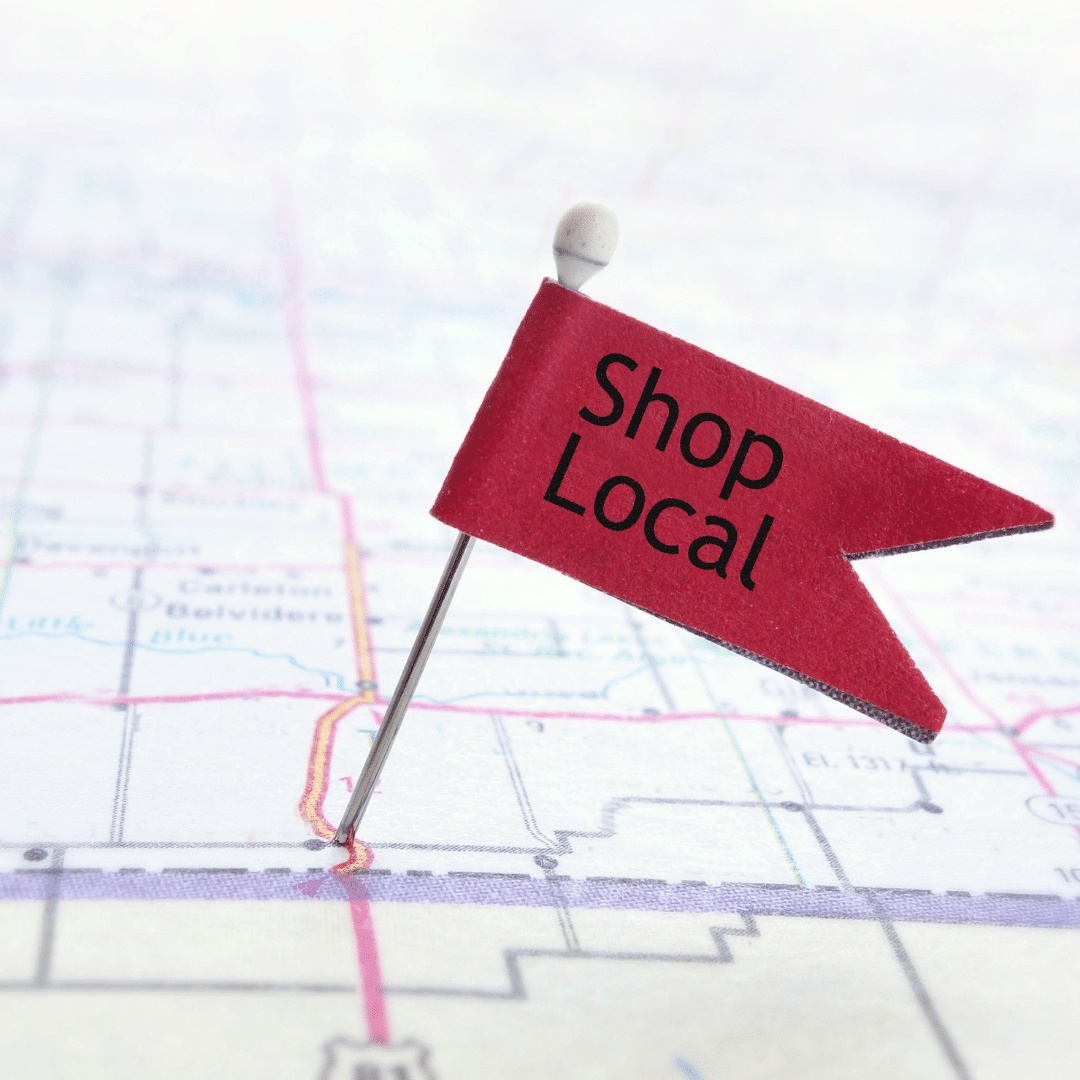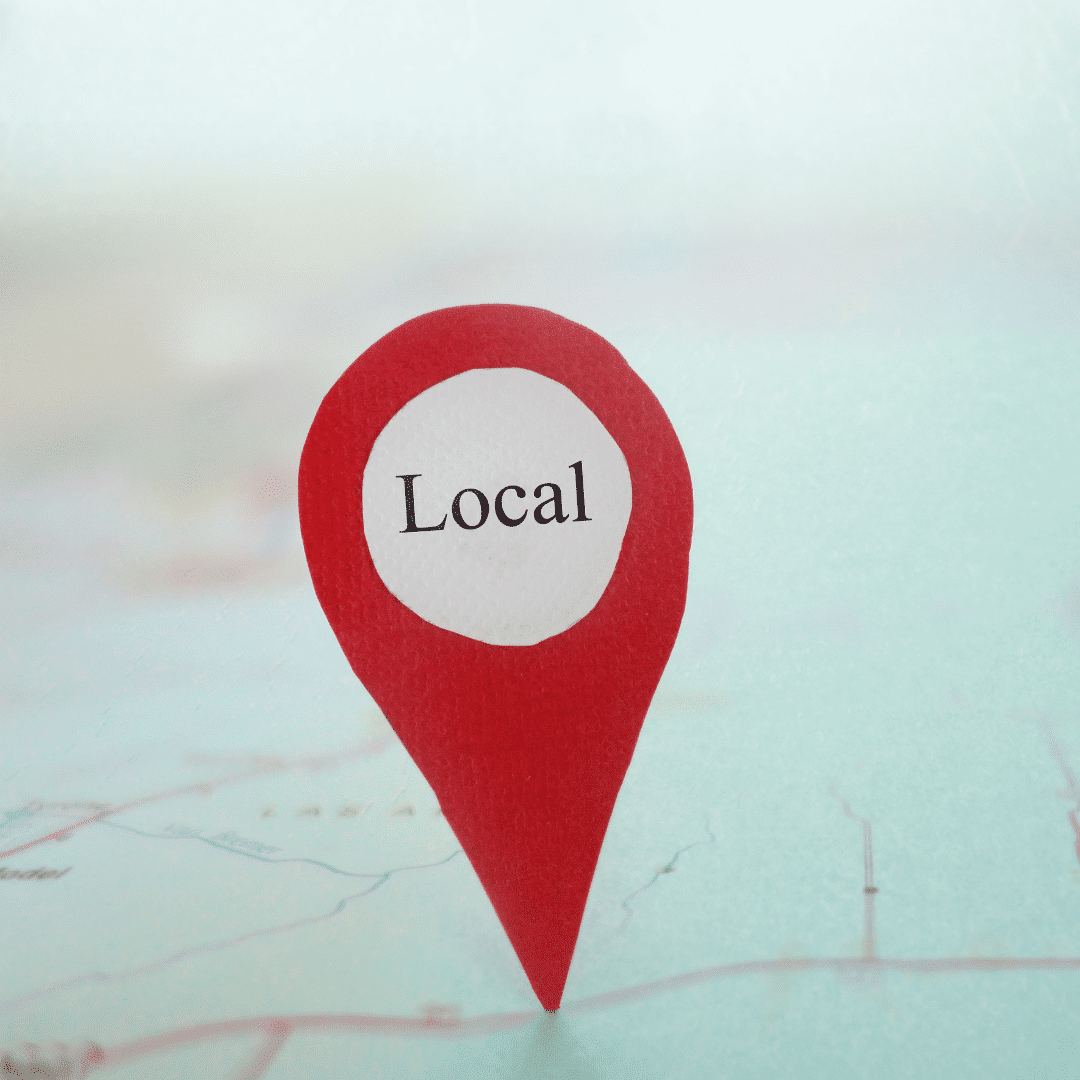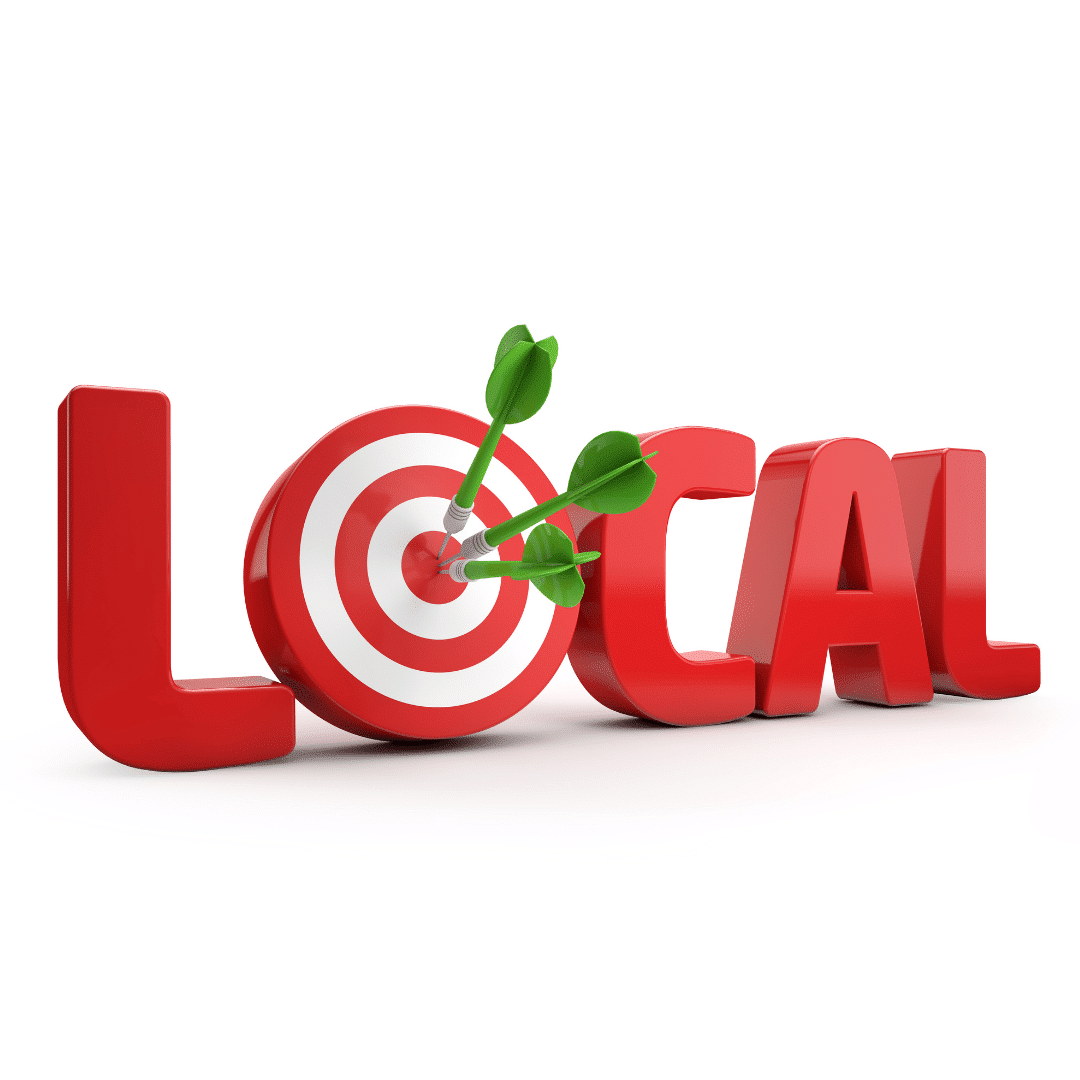What are the best practices to create Local SEO-optimised content?
A fantastic way for your business to get qualified traffic to your website is to provide local content of interest to individuals in the area where you operate.
Building backlinks to your website is as simple as providing other website owners with something they can use. The most acceptable content includes
- resources, data and studies,
- “ultimate” guides,
- Helpful lists (tools, techniques, ideas) and infographics.
You want to be acknowledged as a resource by other blogs and articles.
To get the most out of social media, your material must have the capacity to be shared easily. Shorter content pieces, such as “best of” lists, “you won’t believe this” lists, pop culture references, videos, and interviews will be the norm.
Local content is excellent for spreading your Company’s awareness, but remember to keep it front and centre in all of your content.
What are the best practices for my content for Local search engine optimisation?
On-Page SEO for Local Businesses ( Local SEO Ranking Factors )
For example, several of the following so-called standard on-page SEO tactics are in play here:
- H1 is the keyword.
- As a subject heading, include the keyword
- URL with a keyword
- URLs that are easy to remember
- A meta description that entices
Organise Your Website’s Navigation for Better Ranking on Local Search Results. To rank well across several cities and regions, you’ll need to create local landing pages for each one.
Here’s what AAW an SEO Company suggests as a framework:
- yourlocalbusiness.com/area‑1/
- yourlocalbusiness.com/area‑2/
- yourlocalbusiness.com/area‑3/
Looking for a company that does something really well? Consider buying a shirt from H&M. Regarding location-based search keywords, such as “H&M Tee [australia],” they rank highly.
The landing pages for each website are tailored to a particular geographic area.
If you want to be on the first page of search results in numerous cities, this is the way to go.
Avoid creating many landing pages for the same area but with slightly different keywords. There’s no benefit in doing this.
Keyword research for Local SEO content – AAW SEO Company
Knowing what people are looking for in search engines when they’re looking for a solution to a question is essential, and keyword research is the process of doing so. Local search landscape popularity has spawned a new breed of search engines, giving birth to a search algorithm system that has undergone radical revisions in the last several years.
For websites – Local search engine optimisation, we need to know what keywords and phrases people use to find what they want.
For your business to appear high on search engine results pages (SERPs), you will need to incorporate these keywords into your website.
Many factors decide which keywords to focus on: how frequently this term is searched on Google, its content, and what competitors are utilising on their websites. If you are a Real Estate Business, Architectural Company, Landscaping Designer, Alcohol Distillery or Winery.
Local keyword research is a more precise variation of this, as your content must resonate with specific places and is a part of Local SEO Ranking Factors.
Why is it Local Keyword Search is Vital?
Keyword research is essential for two reasons.
Because many users who conduct local searches do it on purpose. That is, they want to act or buy right now.
29 per cent of smartphone searchers call or visit a local business within 24 hours.
Local businesses should focus on local SEO, including selecting the most effective keywords.
The second reason is that when users make a Google search, one of the critical parameters used to select the results is their location.
If you search for “coffee shop” on Google, you won’t get the world’s top results.
Performing a Search for Relevant Local SEO Keywords
Let’s imagine you own Pixel Cafe, a coffee shop in your neighbourhood.
Searches like these are ones you definitely want to show up for ( Local Search Engine Optimisation )
- What time does Pixel close?
- How long does it take to walk to Pixel Cafe?
- What’s the phone number for Pixel Cafe?
- What time is Pixel Cafe open?
- “Pixel”
- “coffee shop near me”
However, these aren’t standard queries, as Google displays this information in card-like results in the SERPs.
- Find industry-relevant keywords.
To begin, compile a list of industry-specific keywords.
This involves imagining what terms and phrases your customers might use to find your business online.
Asking yourself on behalf of your Company these simple questions will help you gain clarity.
What would you type into Google if you were a customer seeking your service?
In B2B marketing, this could include anything from product names to industry-specific terminology. Of course, you might also draw inspiration from your competitors.
Use keyword modifiers to enhance your search results.
Next, use keyword modifiers that may be relevant to search queries. These words describe the service, quality, type of product, or occasion for which they are appropriate.
The following are a few examples of keyword modifiers:
- Best / bests
- Top
- Buy
- Cheap
- Where
- How
“cheap,” “quick,” and “best” are some of the most commonly used modifiers when individuals search. The addition of these terms alters the meaning of the keyword and increases the likelihood of a user clicking through.
You can also provide industry-specific modifiers. For example, when it comes to keywords for a florist, the words “wedding,” “birthday,” and “delivery” are all relevant.
Including keywords that are relevant to the local area where you live.
The local aspect is the final step in finding keywords for your local SEO campaign ( Local SEO Ranking Factors ).
If your firm is located in an area where your target market lives and works, you’ll want to take advantage of that position when it comes to marketing.
Your meta tags and content should include nations, cities, and districts, as well as location-specific landing pages so that local searchers can find what they’re looking for.
Use these locational keywords in your blog posts and social media to establish yourself as a local business.







